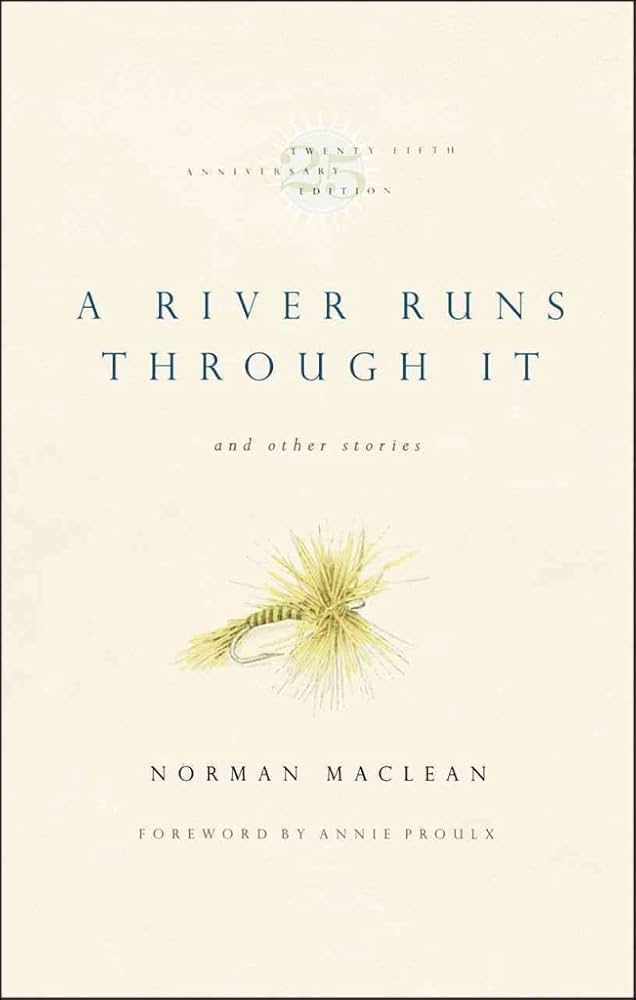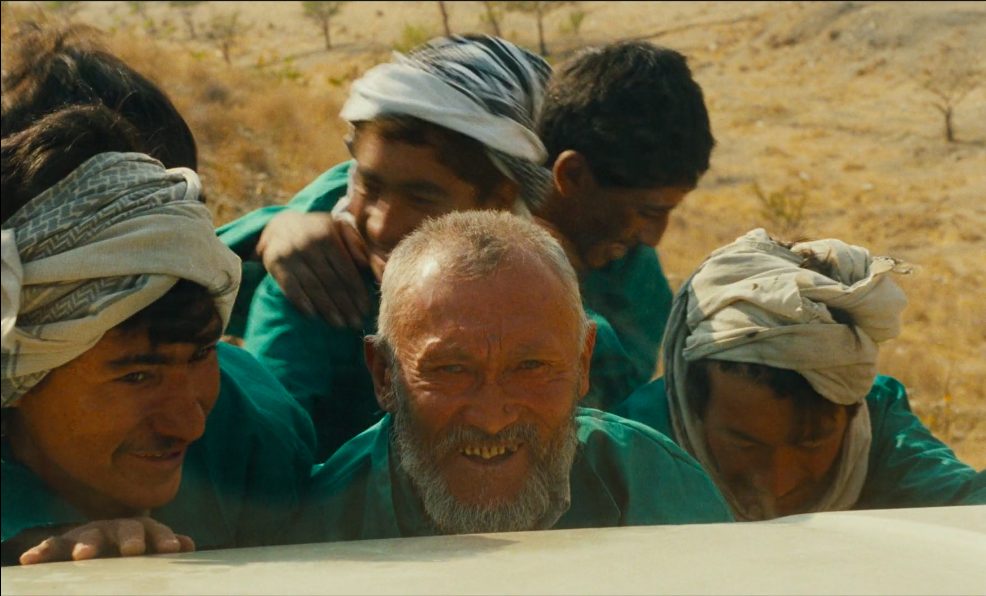Panorama

by Derek Neal The town had only one grocery store, and Steve wondered where the locals did their shopping. Certainly not here, but perhaps in a supermarket outside of town, one that required a car. Along with Julia, he picked up some Italian cheese, prosciutto, grapes, and a bottle of local wine, and they made…
On Leave in this World
The Literature of Driving
Confronting the World Outside Your Head

by Derek Neal Kazuo Ishiguro often talks about a scene from Charlotte Brontë’s Jane Eyre that has influenced his writing. In an interview on the occasion of his Nobel Prize in 2017, he mentions how “the narrator hides from the reader and hides from herself in the Charlotte Brontë books,” and how he also writes…
Attention is All We Need: On Leif Weatherby’s Language Machines
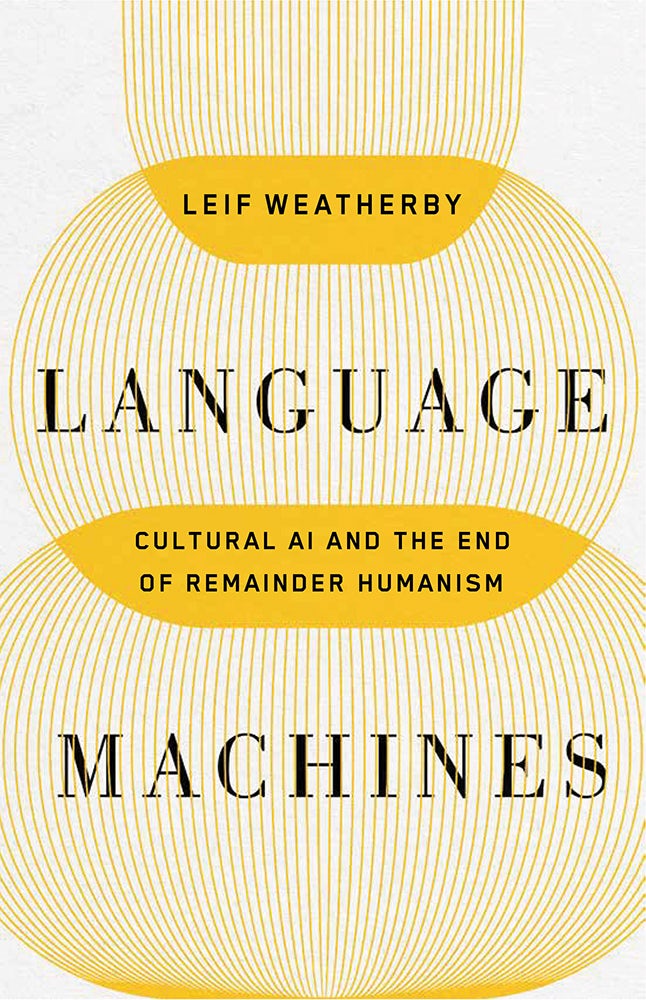
by Derek Neal I started reading Leif Weatherby’s new book, Language Machines, because I was familiar with his writing in magazines such as The Point and The Baffler. For The Point, he’d written a fascinating account of Aaron Rodgers’ two seasons with the New York Jets, a story that didn’t just deal with sports, but…
Orality, Literacy, and Ismail Kadare’s “The File On H” (Part 2)

by Derek Neal Read Part 1 here. In The File on H, Ismail Kadare shows his appreciation of epic poetry and attempts to incorporate aspects of orality so that the form of the novel reflects its content. The plot is relatively simple: two Harvard scholars (modelled on Parry and Lord) travel to Albania to record…
Orality, Literacy, and Ismail Kadare’s “The File on H” (Part 1)
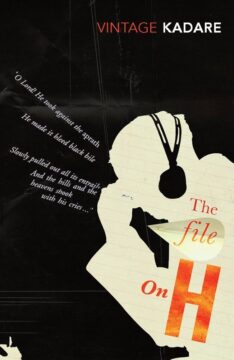
by Derek Neal The File on H is a novel written in 1981 by the Albanian author Ismail Kadare. When a reader finishes the Vintage Classics edition, they turn the page to find a “Translator’s Note” mentioning a five-minute meeting between Kadare and Albert Lord, the researcher and scholar responsible, along with Milman Parry, for…
Going Beyond Language
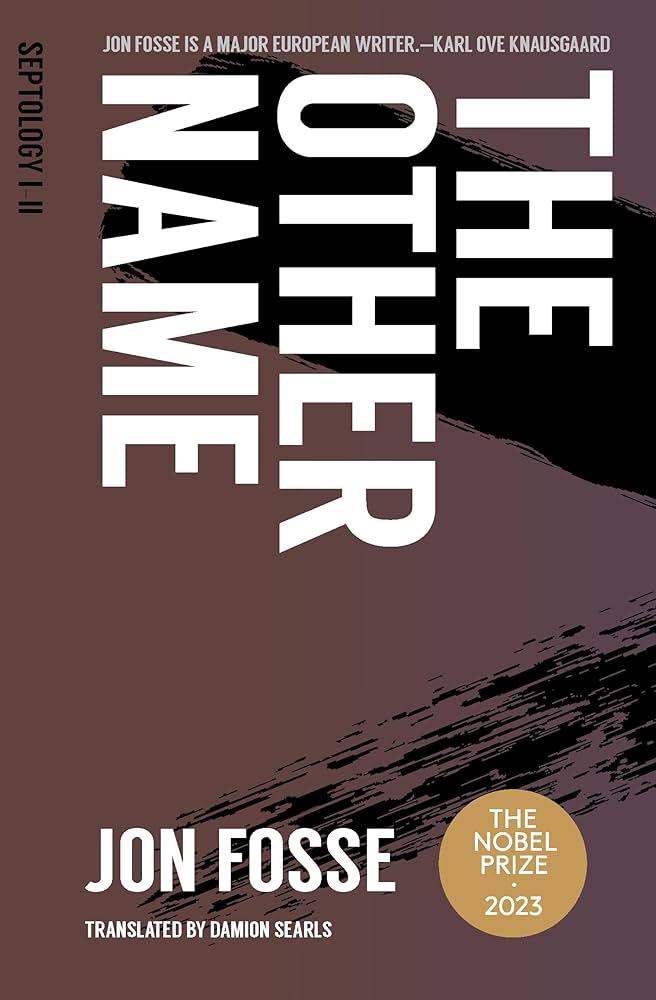
by Derek Neal I first started reading Jon Fosse’s Septology in a bookstore. I read the first page and found myself unable to stop, like a person running on a treadmill at high speed. Finally I jumped off and caught my breath. Fosse’s book, which is a collection of seven novels published as a single…
Kill the Writer!
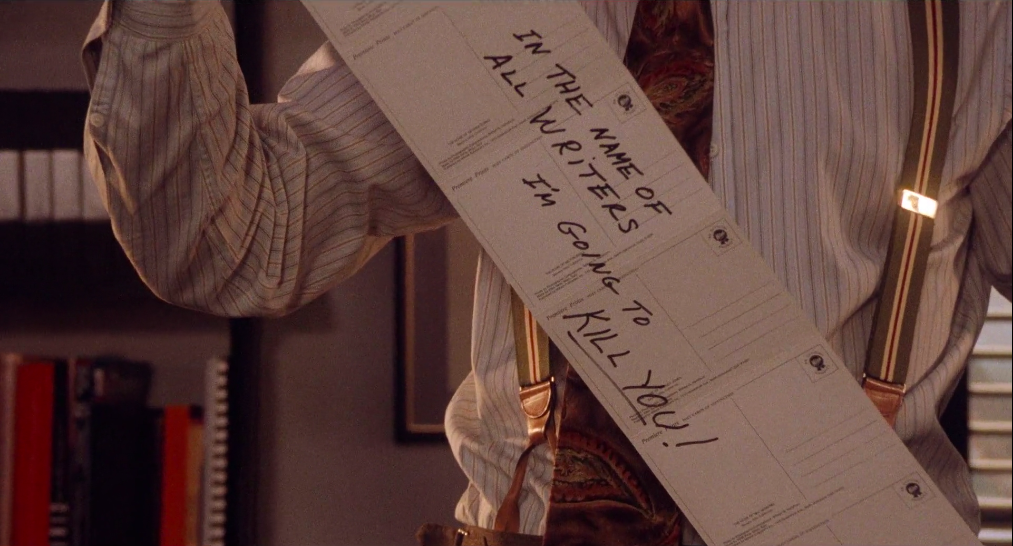
by Derek Neal The writer is the enemy in Robert Altman’s 1992 film, The Player. The person movie studios can’t do without, because they need scripts to make movies, but whom they also can’t stand, because writers are insufferable and insist upon unreasonable things, like being paid for their work and not having their stories…
The Encounter
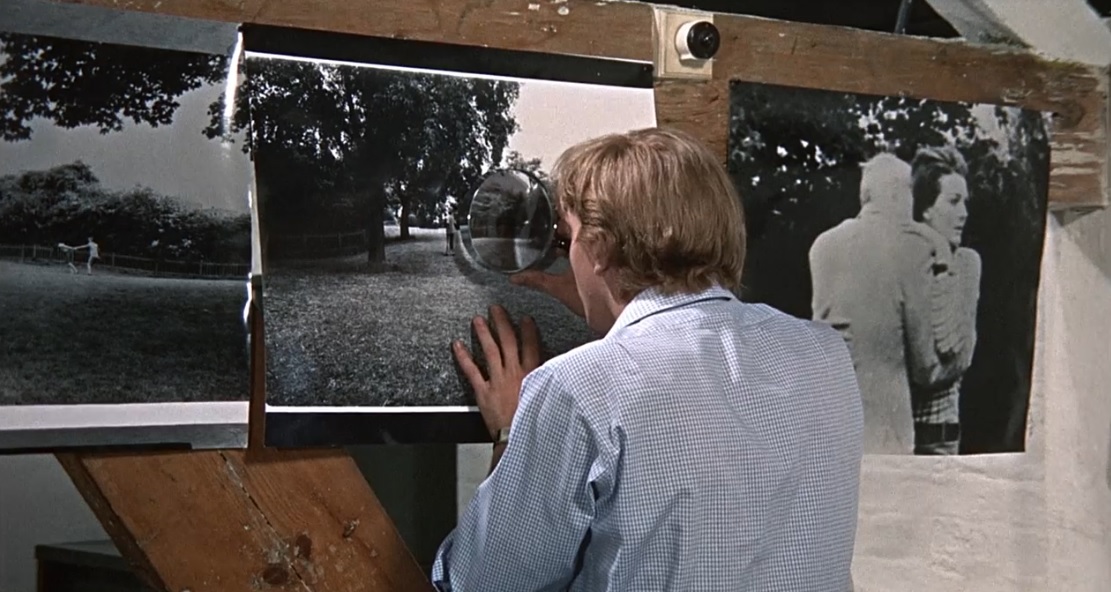
by Derek Neal Some weeks ago I made a note to myself on my phone: Describe the artistic encounter—the aesthetic experience, its effect on the reader I made this note because I wanted to try something different in my writing. In most of my essays, without ever articulating this idea to myself, I’ve attempted to…
Real Life: On Abbas Kiarostami’s “Close-Up”

by Derek Neal Close-Up, a 1990 Iranian film directed by Abbas Kiarostami, is one of the rare films where the viewing experience is enhanced by knowing certain details beforehand. The movie opens with a scene in a taxi. A journalist is in the front seat while two armed military police officers sit in the back.…
Handke and Camus on a Mother’s Death

by Derek Neal I read the opening of Peter Handke’s A Sorrow Beyond Dreams and immediately thought of Camus’ The Stranger. Here is how Handke begins: The Sunday edition of the Kärntner Volkszeitung carried the following item under “Local News”: “In the village of A. (G township), a housewife, aged 51, committed suicide on Friday…
The Past and Future of Close Reading
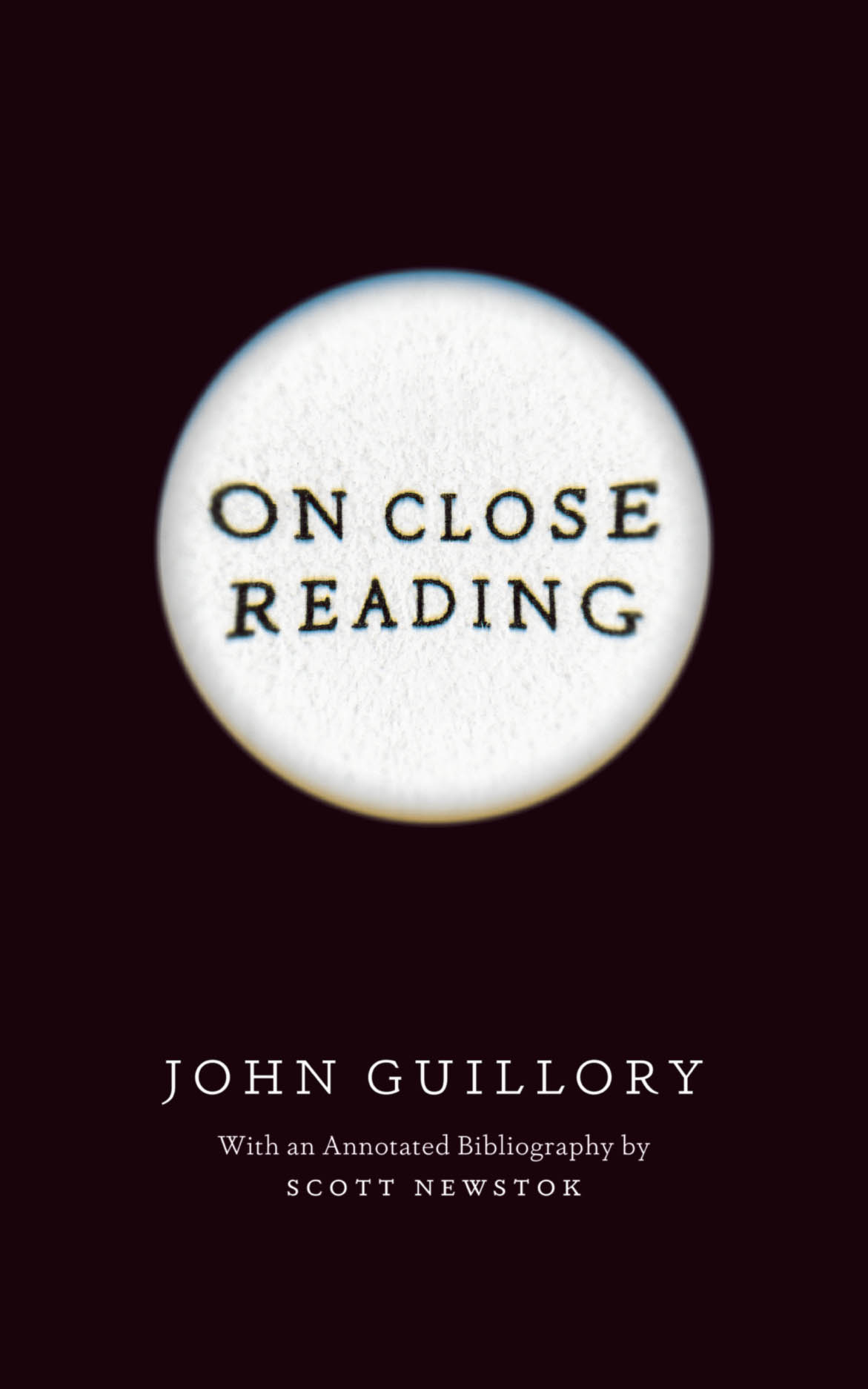
by Derek Neal What do swimming, running, bicycling, dancing, pole jumping, tying shoelaces, and reading all have in common? According to John Guillory’s new book On Close Reading, they are all cultural techniques; in other words, skills or arts involving the use of the body that are widespread throughout a society and can be improved…
All In Against Efficiency
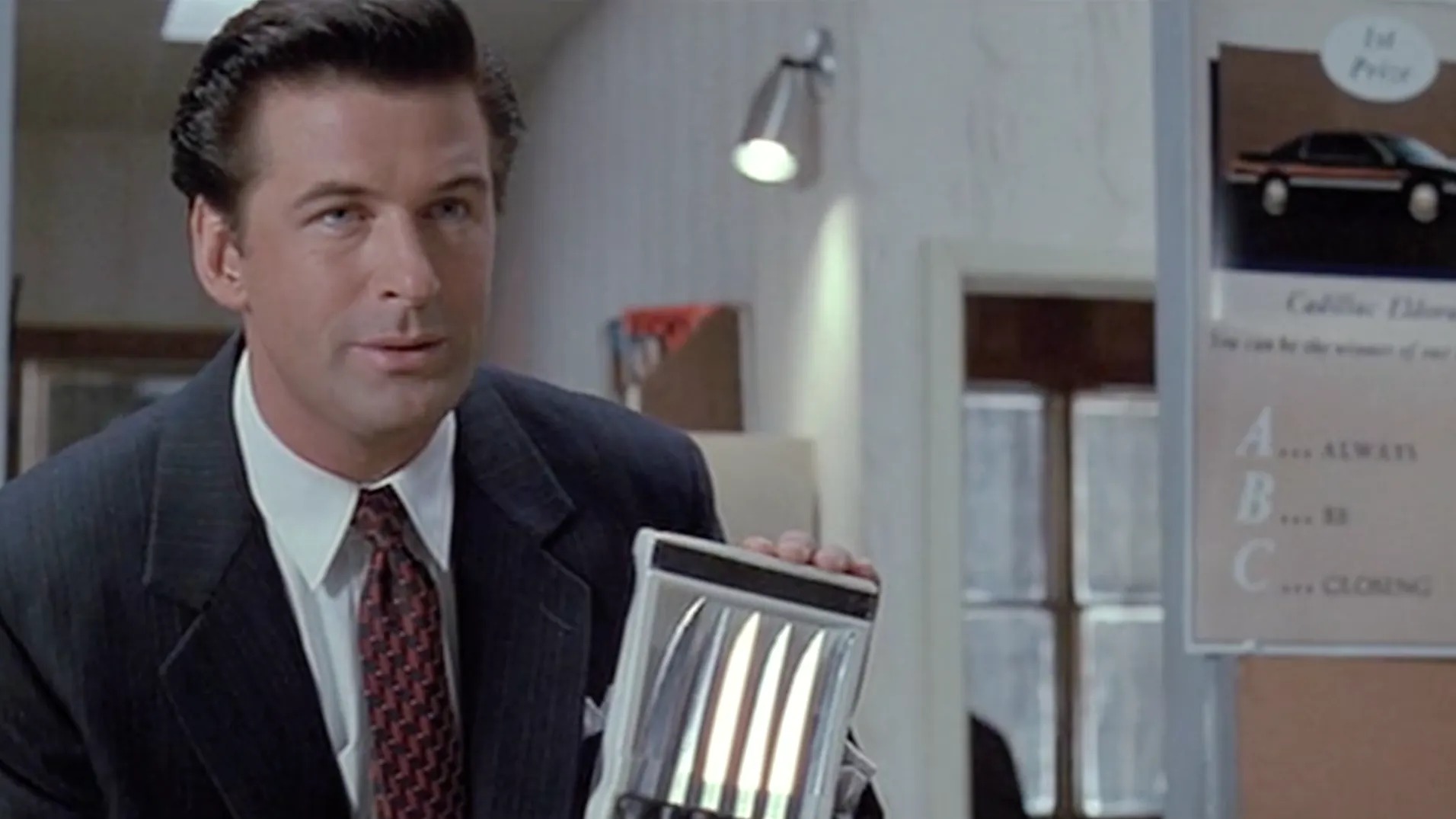
by Derek Neal I was recently subjected to an hour of the “All In” Podcast while on a long car ride. This podcast is not the sort I normally listen to. I prefer sports podcasts—primarily European soccer—and that’s about the extent of my consumption. I like my podcasts to be background noise and idle chatter,…
Election Night Diary
Storytelling Techniques in Film: Affliction, Badlands, and L’Eclisse
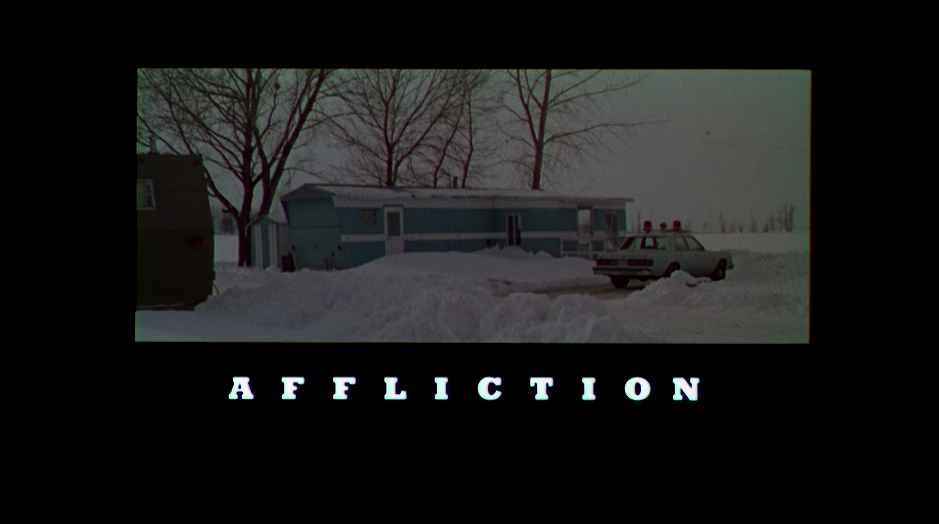
by Derek Neal The opening credits of Affliction (1997) feature small, rectangular images that fill only half the screen. You wonder if something is wrong with the aspect ratio, or if the settings have been changed on your television. A succession of images is placed before the viewer: a farmhouse in a snowy field, a…
Movie Review: On Paul Schrader’s Latest Film, “Oh, Canada”
“The Mezzanine” by Nicholson Baker and Attending to the Mundane
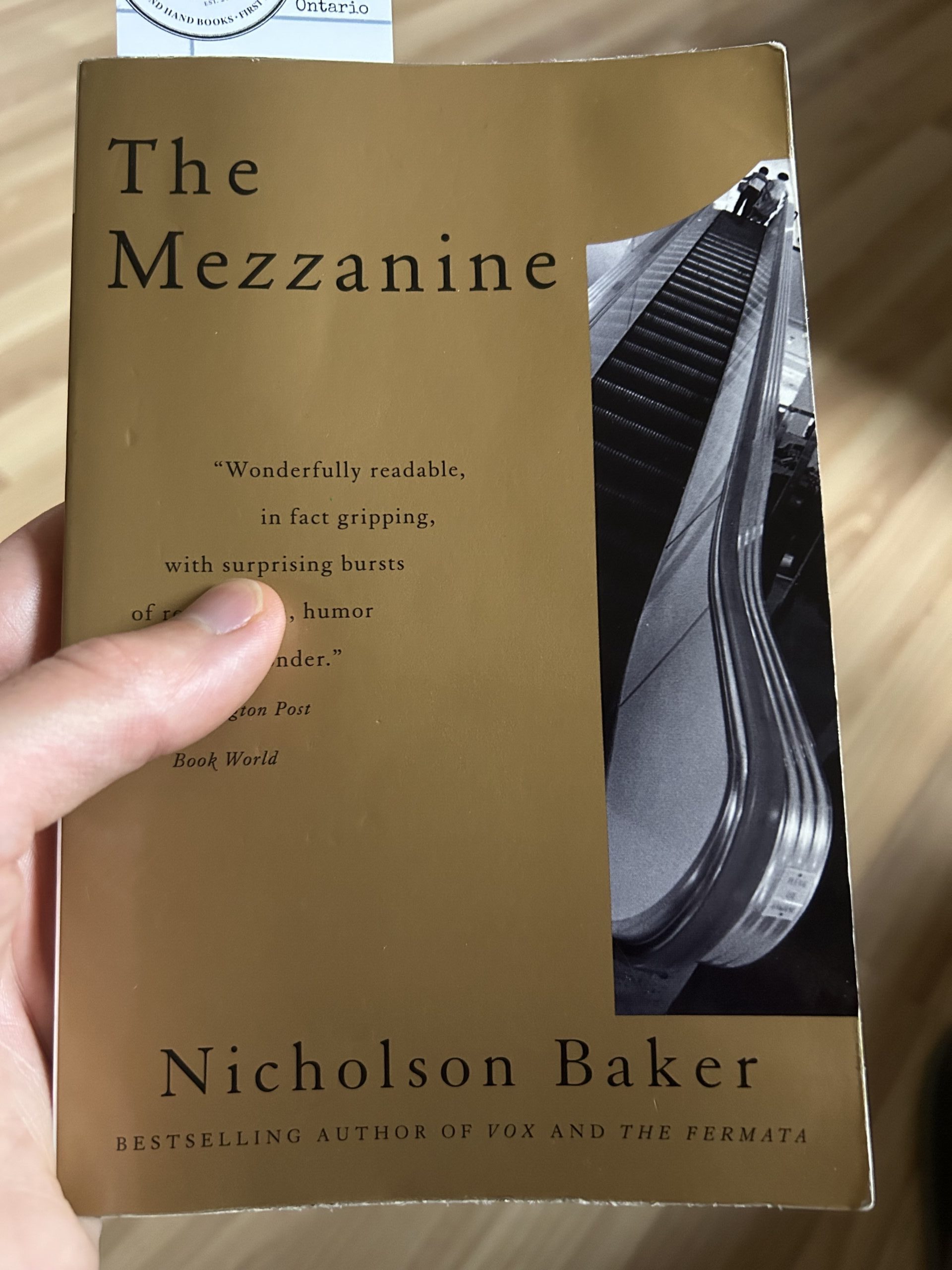
by Derek Neal The Mezzanine by Nicholson Baker is a novel about paying attention. After you read a chapter, you, too, begin paying attention to things you’ve never noticed before. On my way to work this morning, gliding down quiet, leafy streets in my 2012 Mazda 3 GS-SKY, I noticed a new sign. It was…
Chekov’s Gun

by Derek Neal Karl Ove Knausgaard went around for many years claiming that he was sick of fiction and couldn’t stand the idea of made-up characters and invented plots. People understood this to be an explanation of why he had decided to write six long books about his own life. There was some truth in…

